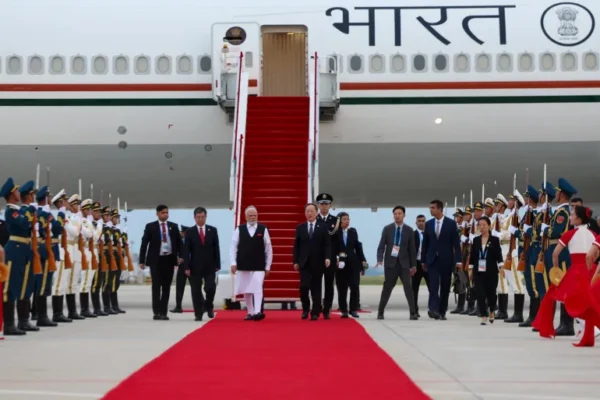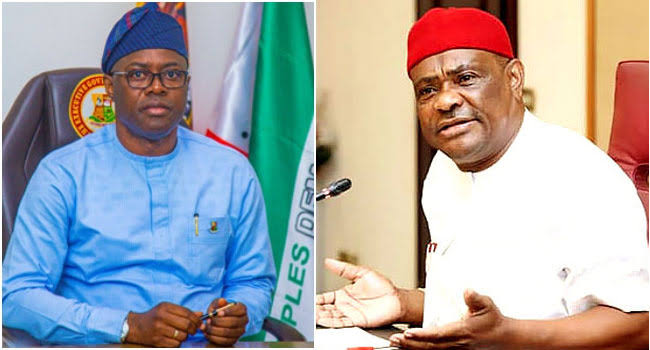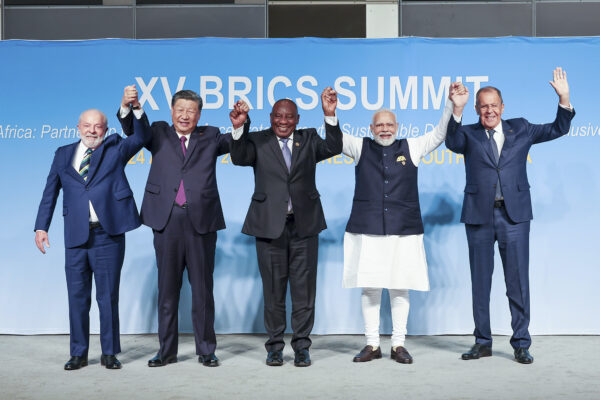
Modi Signals Reset in China Ties Amid US Tariff Spat, Meets Xi Ahead of SCO Summit
Tianjin, China – Indian Prime Minister Narendra Modi has expressed a strong commitment to strengthening ties with China, during a high-profile meeting with President Xi Jinping ahead of the Shanghai Cooperation Organisation (SCO) summit, signaling a potential strategic pivot following recent U.S. trade tensions. In remarks delivered during a sideline conversation on Saturday, Modi told Xi, “We are committed to progressing our relations based on mutual respect, trust, and sensitivities.” His statement comes just days after the United States, under President Donald Trump, imposed steep tariffs on a range of Indian exports — a move seen by analysts as straining Washington-New Delhi ties. This marks Modi’s first visit to China in seven years and comes as leaders from across Asia and the Middle East, including Russian President Vladimir Putin, gather in Tianjin for the two-day SCO summit — widely viewed as a show of Global South solidarity amid shifting global alliances. Chinese President Xi welcomed Modi’s overture and emphasized the importance of managing border tensions, which have long strained relations between the two Asian giants. “The two sides should not let the border issue define the overall China-India relationship,” Xi said, according to Chinese state broadcaster CCTV. He stressed that economic development should remain the central focus for both nations, adding, “As long as they remain committed to the overarching goal of being partners, not rivals… China-India relations will flourish.” Both leaders expressed hope that the Tianjin summit would mark a new chapter in bilateral cooperation and regional stability, even as broader geopolitical realignments take shape in response to shifting U.S. trade policy. Modi also shared a brief video of the meeting on his official X (formerly Twitter) account, highlighting the renewed diplomatic engagement. The SCO summit, which continues through Sunday, is expected to focus on regional security, trade, and multilateral cooperation, with growing attention on how India and China position themselves within a rebalancing global order.


